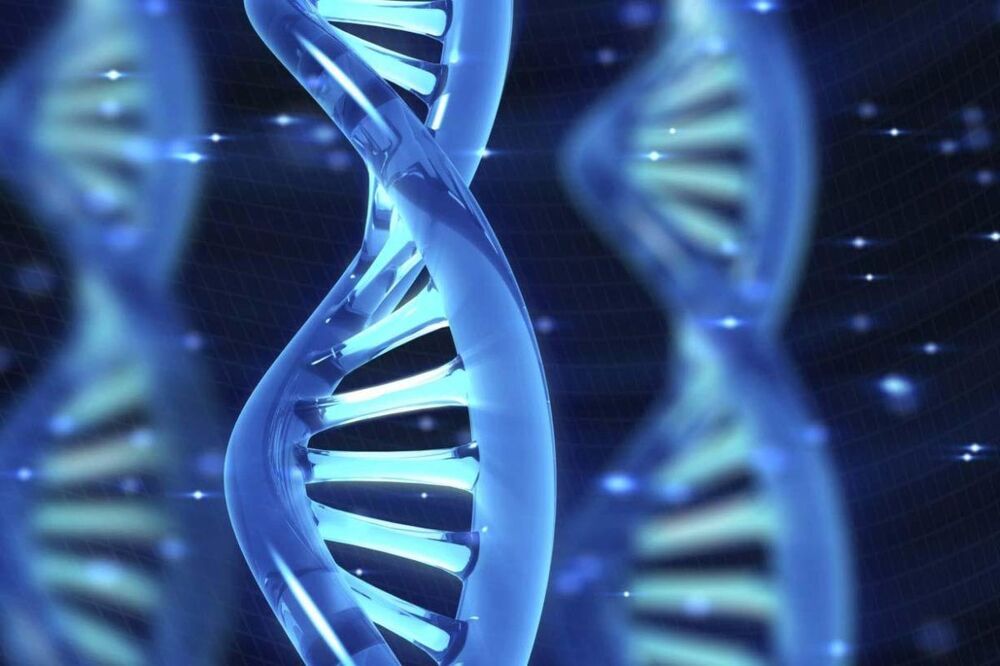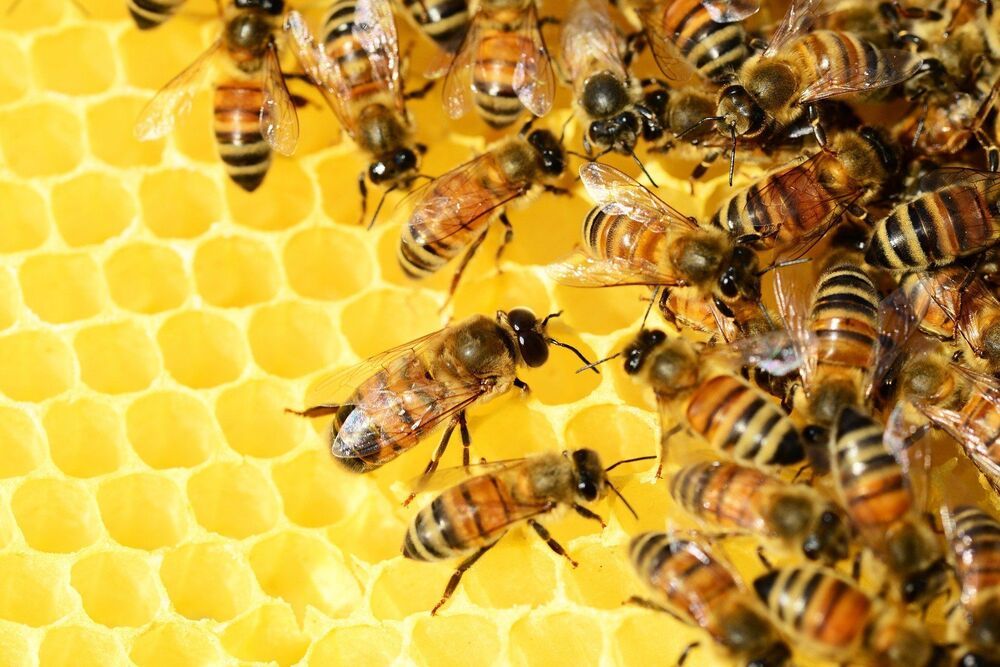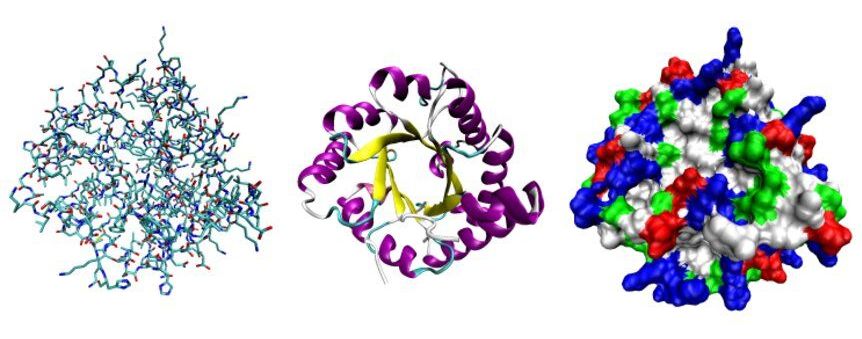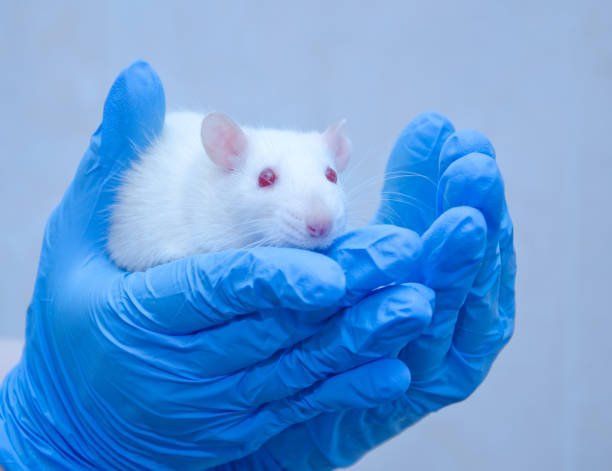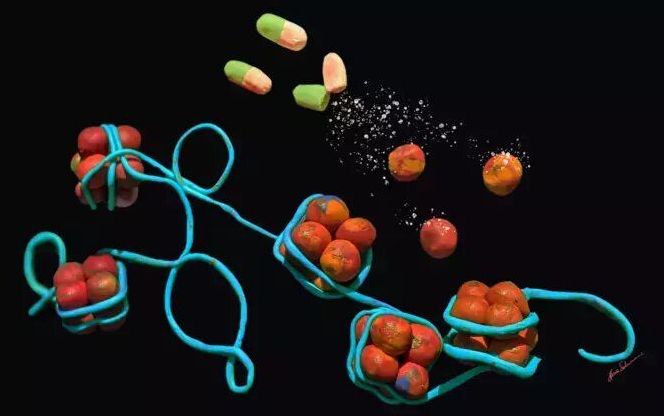In a minute and 27 seconds we get the what from an eye regeneration for mice, to monkey trials to start later this year, to human trials by 2023, and full body in a decade.
David Sinclair—a world-leading biologist, Harvard Medical School Professor, and author of The New York Times best-selling book @Lifespan.
🧬 His work on understanding why we age and how to slow down the aging process has contributed significantly to getting the longevity science to where it is today. David’s numerous discoveries have been published in the most respected scientific journals. He co-founded many biotech companies, including Life Biosciences, MetroBiotech, and InsideTracker.
🧬 David has received more than 25 awards and honors for his research. He was included in TIME Magazine’s list of the “100 most influential people in the world” in 2014 and “50 Most Influential People in Health Care” in 2018.
🧬 David and his colleagues have recently published a Nature paper with extraordinary results of their epigenetic reprogramming therapy that has successfully restored vision in mice. The paper has become the most accessed paper in the past 12 months at the journal.
